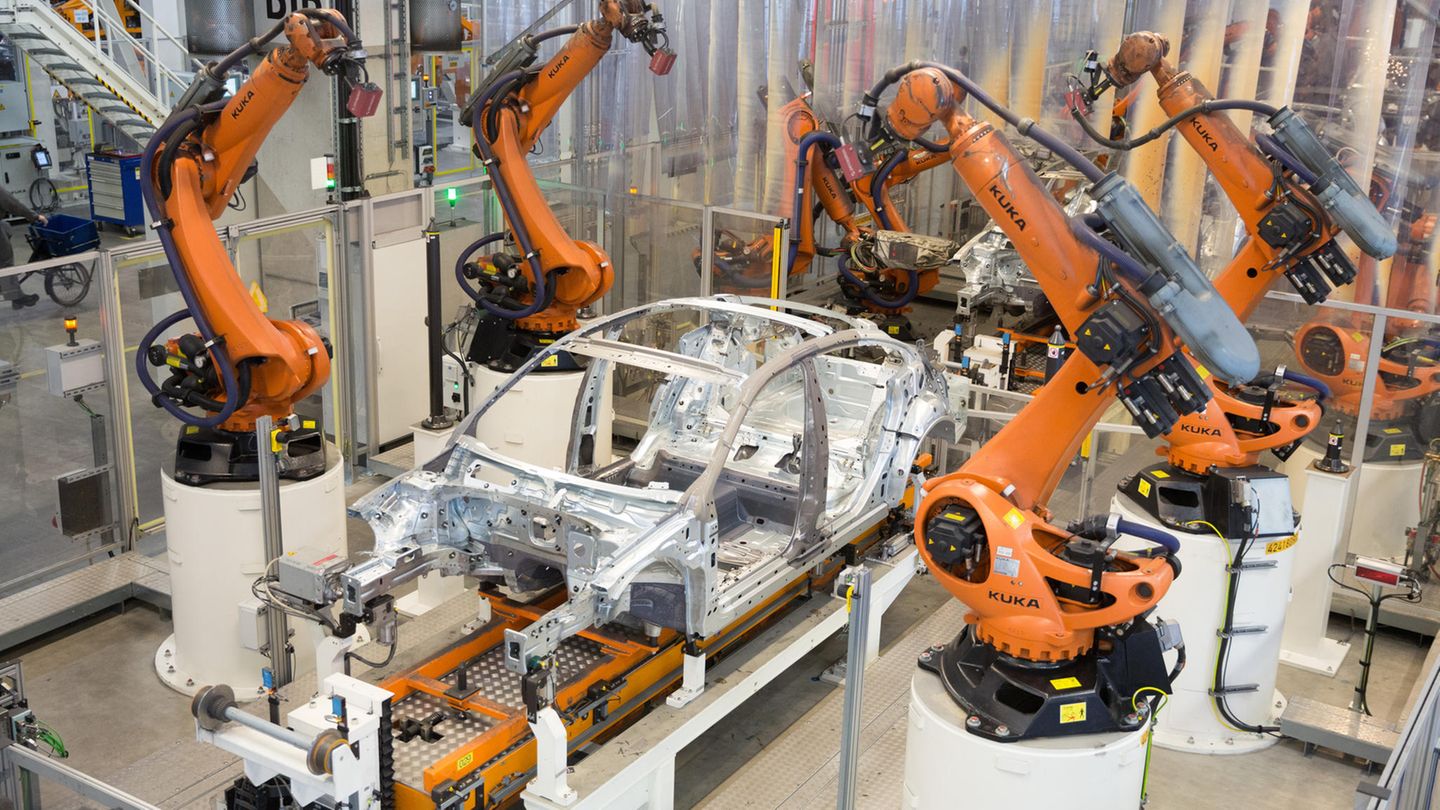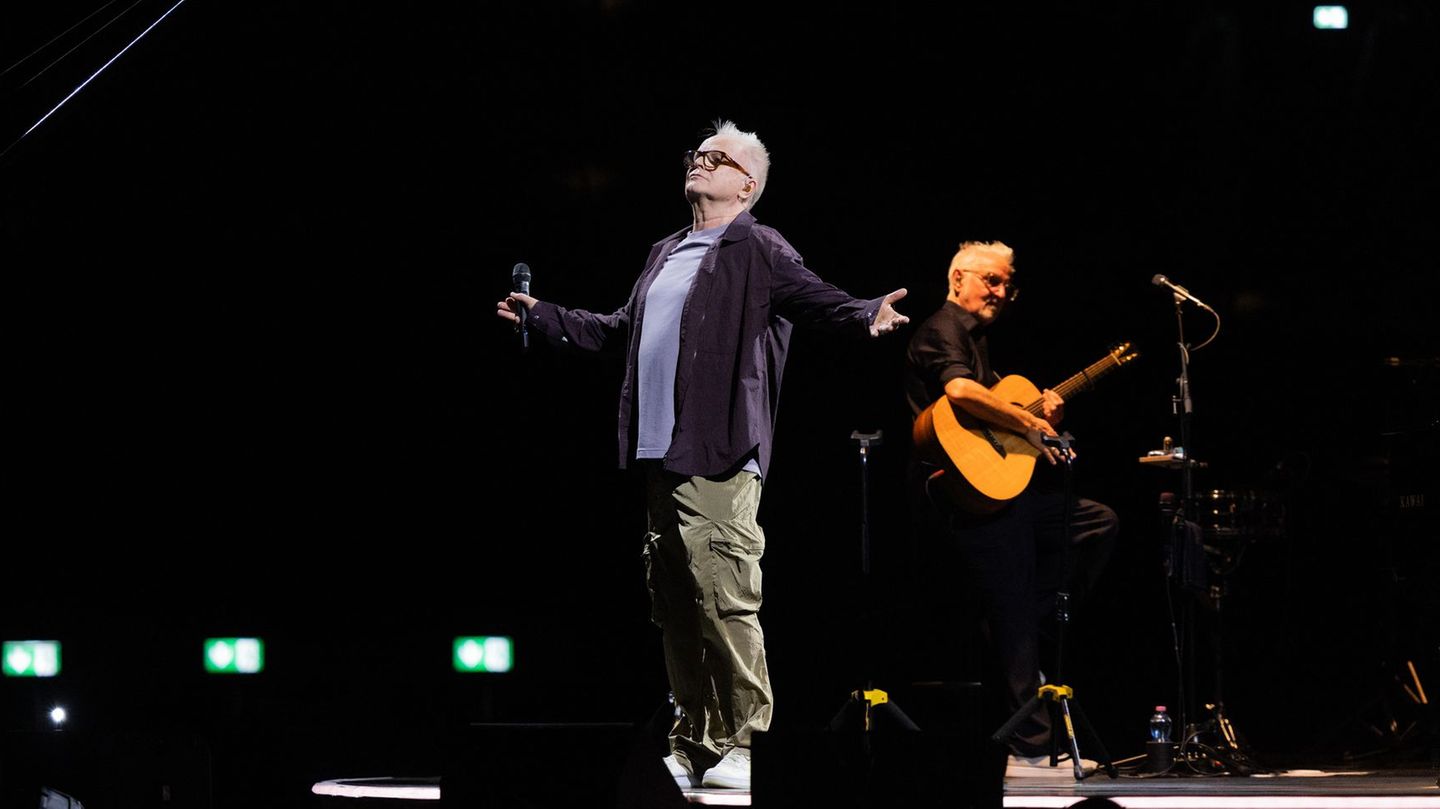Since the beginning of the pandemic, German industry has suffered from a lack of supplies. At least in this respect the situation appears to have largely normalized.
Four years after the first Corona lockdown, the supply of materials and parts to German industry has largely normalized, according to the Ifo Institute. The supply chains are now almost back to where they were before the pandemic, as the Munich Economic Research Institute announced on Monday. German industry therefore hardly has to contend with material shortages anymore.
According to the latest company survey, 10.2 percent of companies reported delivery bottlenecks in March. In February it was 14.6 percent. “The supply of raw materials and intermediate products has improved significantly recently,” said Ifo expert Klaus Wohlrabe. “The situation is now almost back to where it was before the corona crisis.”
Manufacturers of data processing equipment are still most affected by bottlenecks
The worsening material shortage began during the first Corona lockdown in spring 2020, when numerous factories around the world came to a standstill. The industry experienced the peak of delivery problems in December 2021: At that time, 81.9 percent of companies reported difficulties because the corona pandemic led to material shortages, some of which were significant. Car manufacturers were missing important microchips. New obstacles have now been removed. “The tariff dispute at Deutsche Bahn has been settled and the logistics industry has adapted to the conditions in the Red Sea,” said Wohlrabe. “That’s why there are fewer problems at the moment.”
In no industry does the proportion of companies affected by bottlenecks exceed 20 percent. Manufacturers of data processing devices are currently most affected at 18.2 percent. They are followed by the producers of electrical equipment (17.5 percent), mechanical engineers (14.4 percent) and the chemical industry (14.5 percent). According to the Ifo survey, in the other sectors, significantly less than ten percent of companies are affected by delivery bottlenecks.
Recently, the crisis in the Red Sea in particular fueled concerns about new shortages. The fastest shipping route between Europe and Asia is being avoided by many shipping companies after repeated shelling by Yemen’s Houthi militia. Instead, they opted for the longer route via the Cape of Good Hope, which meant a detour and therefore higher costs.
The Ifo Institute conducts monthly company surveys as part of its economic surveys.
Source: Stern




